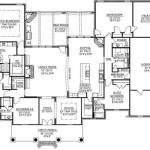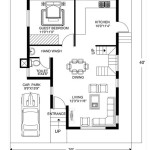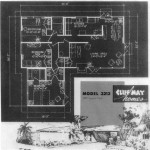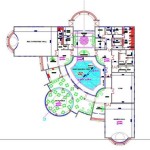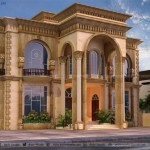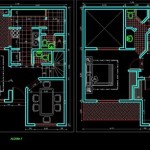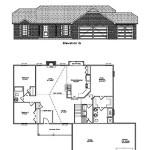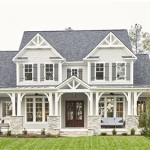Essential Aspects of Metal Building Residential Floor Plans
Metal buildings are gaining immense popularity as durable and cost-effective solutions for residential construction. Unlike traditional wood-frame homes, these structures offer a range of advantages, including increased longevity, resistance to elements, and faster construction times. However, it is essential to carefully consider the floor plan when designing a metal building home to ensure functionality and meet your specific requirements.
Structural Considerations
Metal building residential floor plans should prioritize structural integrity. The spacing of columns, beams, and girts must be optimized to provide adequate support for the roof and walls. The use of high-quality steel components and proper engineering ensures the building's stability and meets building codes.
Open Floor Plans
Metal buildings provide the flexibility to incorporate open floor plans, which create spacious and versatile living areas. Wide-open spaces allow for easy movement and can accommodate multiple functions, such as living, dining, and kitchens. Large windows and skylights utilize natural lighting to create a bright and airy atmosphere.
Zoning and Code Compliance
Before finalizing the floor plan, verify that it complies with local zoning regulations and building codes. Factors to consider include setbacks from property lines, maximum building height, and required access to utilities. Adhering to these guidelines ensures a smooth building permit process and avoids potential delays or modifications.
Energy Efficiency
Incorporating energy-efficient principles into the floor plan is crucial. Orientation of the building, placement of windows and doors, and insulation levels impact energy consumption. Consider incorporating features such as solar panels, cross-ventilation, and energy-efficient appliances to minimize utility costs and contribute to environmental sustainability.
Flexibility and Adaptability
Metal buildings offer great flexibility when it comes to reconfigurations or future additions. The floor plan should allow for potential changes in layout, such as expanding or reducing living spaces, adding bedrooms or bathrooms, or converting portions of the building for commercial use. Modular components facilitate easy modifications in the future.
Customization and Personalization
While prefab metal buildings offer standard floor plans, there is ample scope for customization. The size, shape, and layout can be tailored to suit specific preferences and needs. Architects and engineers can assist in creating unique designs that reflect your lifestyle and aesthetic preferences while maintaining structural integrity.
Conclusion
A well-designed metal building residential floor plan is the foundation of a successful and functional living space. By considering structural considerations, utilizing open floor plans, complying with zoning regulations, prioritizing energy efficiency, ensuring flexibility, and exploring customization options, you can create a metal building home that meets your unique needs and stands the test of time.

Residential Steel House Plans Manufactured Homes Floor Prefab Metal How To Plan

Steel Home Kit S Low On Metal Houses Green Homes House Plans Kits Building A

Residential Steel House Plans Manufactured Homes Floor Prefab Metal The Rutledg

Residential Steel House Plans Manufactured Homes Floor Prefab Metal

Residential Steel House Plans Manufactured Homes Floor Prefab Metal Building Home Design

Image Result For 2 Story Metal Building Floor Plan House Plans Houses

Containerhomess Com Metal Building House Plans Manufactured Homes Floor

Residential Steel House Plans Manufactured Homes Floor Prefab Metal

Metal Buildings With Living Quarters Floor Plans In 2024

Residential Steel House Plans Manufactured Homes Floor Prefab Metal

